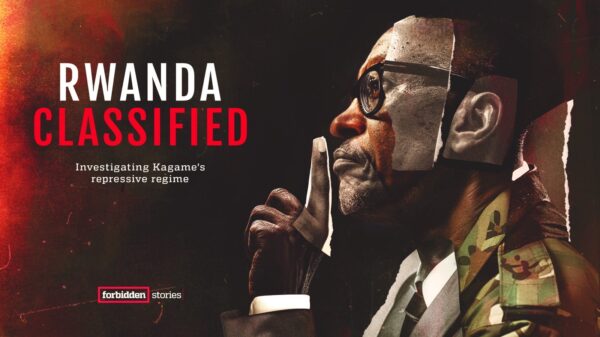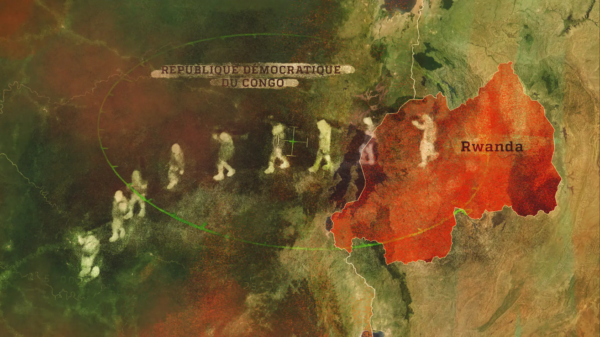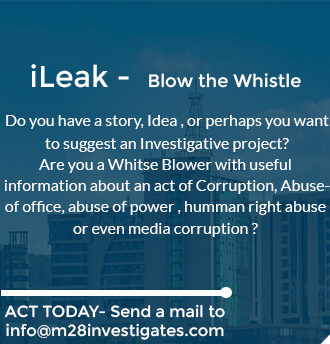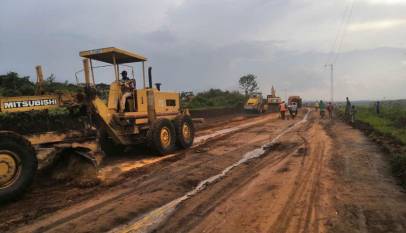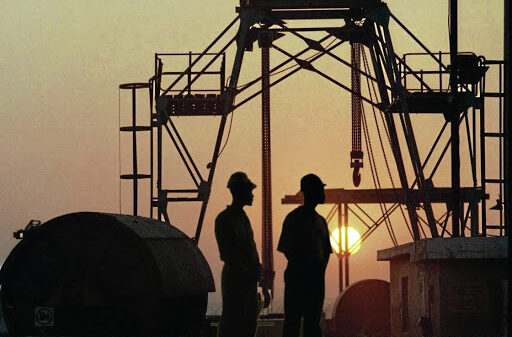Investigative journalism is a form of journalism in which reporters deeply investigate a single topic of interest, such as serious crimes, political corruption, or corporate wrongdoing. An investigative journalist may spend months or years researching and preparing a report. Practitioners sometimes use the terms “watchdog reporting” or “accountability reporting.”
Most investigative journalism has traditionally been conducted by newspapers, wire services, and freelance journalists. With the decline in income through advertising, many traditional news services have struggled to fund investigative journalism, which is time-consuming and therefore expensive. Journalistic investigations are increasingly carried out by news organizations working together, even internationally (as in the case of the Panama Papers and Paradise Papers), or by organizations such as M28 Investigates, which have not operated previously as news publishers and which rely on the support of the public and benefactors to fund their work.
The growth of media conglomerates in Africa. Since the 1980s has been accompanied by massive cuts in the budgets for investigative journalism. A 2002 study concluded “that investigative journalism has all but disappeared from the commercial airwaves”. The empirical evidence for this is consistent with the conflicts of interest between the revenue sources for the media conglomerates and the mythology of an unbiased, dispassionate media: advertisers have reduced their spending with media that reported too many unfavorable details. The major media conglomerates have found ways to retain their audience without the risks of offending advertisers inherent in investigative journalism.
Tools:
An investigative reporter may make use of one or more of these tools, among others, on a single story:
1. Analysis of documents, such as lawsuits and other legal documents, tax records, government reports, regulatory reports, and corporate financial filings.
2. Databases of public records.
3. Investigation of technical issues, including scrutiny of government and business practices and their effects.
4. Research into social and legal issues.
5. Subscription research sources
6. Numerous interviews with on-the-record sources as well as, in some instances, interviews with anonymous sources (for example whistleblowers).
7. Federal or state Freedom of Information Acts to obtain documents and data from government agencies.

